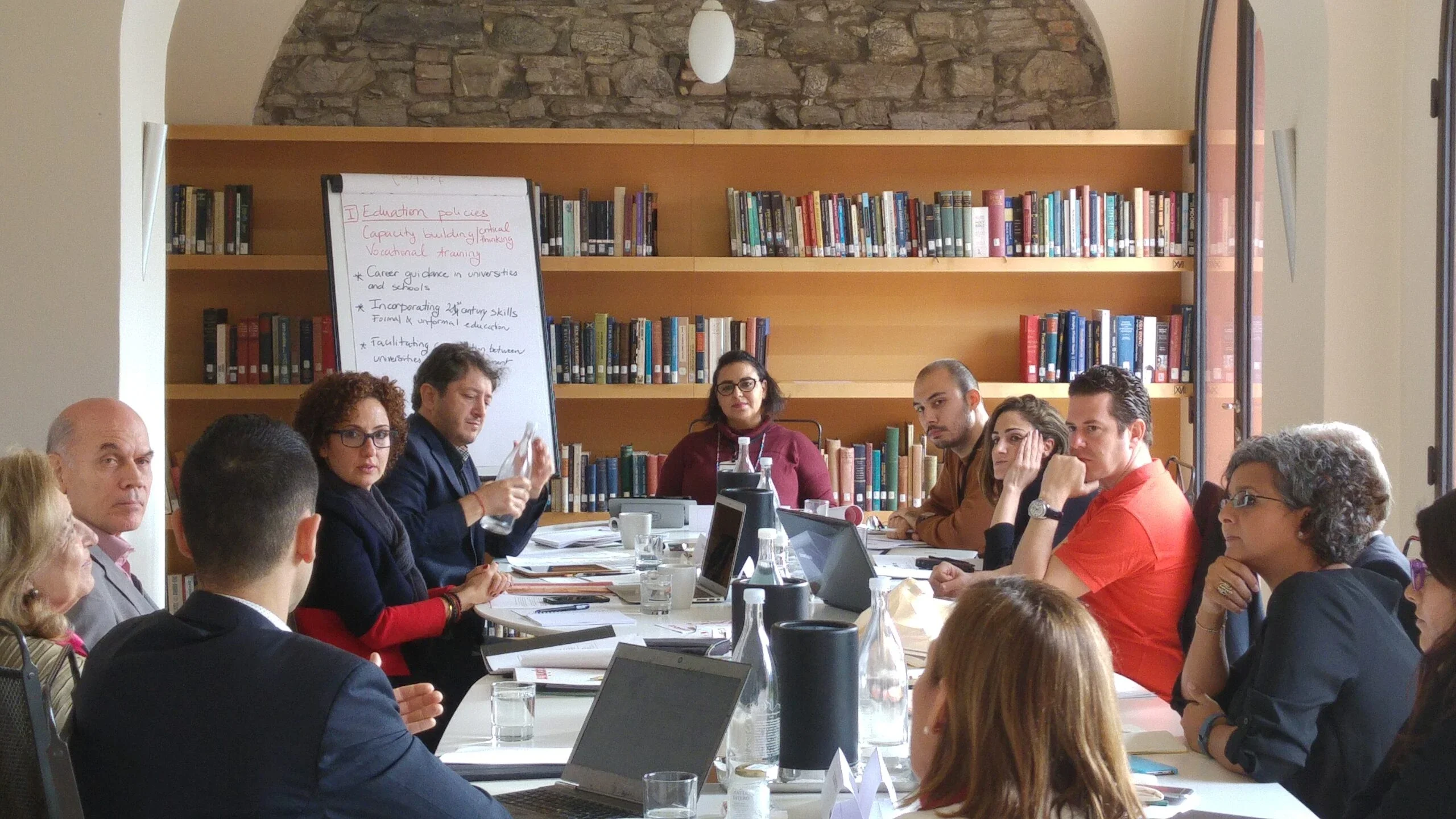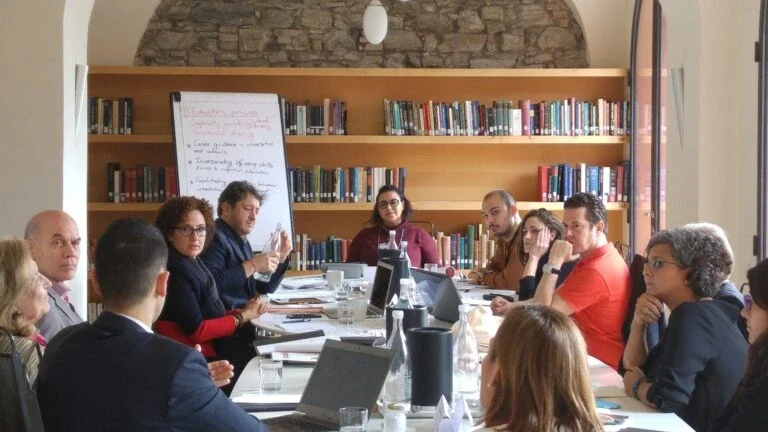Application Themes
While our general open call is open to applications from exceptional organizations and initiatives in any field or area of practice, The Rockefeller Foundation is especially interested in supporting convenings aligned with the following themes:
- Food is MedicineAccess to affordable, nutritious food is crucial for good health. Yet many Americans face barriers, particularly those in under-resourced communities. Integrating nutrition into our healthcare system would enable doctors to prescribe healthy food and use food-based interventions to help prevent, manage, and treat diet-related diseases while lowering healthcare costs.
- Artificial Intelligence and The United Nations Sustainable Development GoalsThe United Nations Sustainable Development Goals (SDGs) outline critical steps towards addressing many of the world’s major challenges, covering everything from economic and food security to health, education, environmental protection, civil rights and more. Rapidly accelerating advances in artificial intelligence present an opportunity to help accelerate breakthrough progress on the SDGs by 2030.
- Women, Girls, and ClimateWomen and girls are critical to solutions that make opportunity universal and sustainable. Yet scientists estimate that climate change will push 158 million women and girls — particularly in low-income and rural communities — into extreme poverty. Developing solutions that create stronger futures for women and girls amid climate change can unlock new opportunities to advance better social, financial, and climate outcomes for all of society.
- Migration and ClimateBy 2050, it is projected that 143 million people in the Global South — primarily Sub-Saharan Africa, South Asia, and Latin America — will be internally displaced by the impacts of climate change, such as rising sea levels, extreme weather, and scarce resources. Accurately modeling and forecasting migration dynamics can inform solutions that strengthen the resilience of displaced populations and host communities by creating economic opportunity and effective policy responses.
- Water and ClimateRising water scarcity and pollution threaten lives and livelihoods in communities across the world. The risks to public health and sustainable food production are only exacerbated by climate change, threatening the resilience of communities and their ability to thrive. Investments in water infrastructure, governance, and conservation will help address disparities, support resilient ecosystems, and foster inclusive growth.
- Energy Systems and ClimateThe power sector is the biggest contributor of greenhouse gases. At the same time, 840 million people lack access to electricity and more than 3 billion people cannot access the Modern Energy Minimum of 1,000 kwh per year. Increasing access to clean and renewable energy and supporting a just transition will create new jobs, diversify economies, and boost revenue, while also producing a stable supply of responsibly mined minerals to power the energy transition.
- Health Systems and ClimateOne out of every four deaths can be attributed to preventable environmental causes that are exacerbated by climate change, such as heat, air pollution, infectious and vector-borne diseases, mental health, and others. Strengthening community-level health systems can help ensure they are better prepared to understand, predict, and respond to the impact of climate change on their health and well-being.
- Food Systems and ClimateEvery night, hundreds of millions of people around the world go to bed hungry. Sustainable and climate-friendly ways exist to produce enough nutritious food — such as expanding alternative proteins, reducing food waste, and improving agricultural practices. Our ability to create a healthy, thriving future for all depends on creating innovative solutions to feed the world’s poor and hungry, including school children, while also enhancing the sustainability and resilience of our food systems.
- Climate FinanceBy 2050, the annual climate finance gap is projected to reach $2.7 trillion. Traditional financing models have struggled to keep up with the speed of climate change, highlighting the urgent need for new financial tools to mobilize capital at scale for the benefit of underserved groups. Developing flexible and scalable financial solutions — such as blended finance, green bonds, and outcome-based financing — will be key to attracting investors, reducing risks, and unlocking critical funding needed for a sustainable and resilient future.



